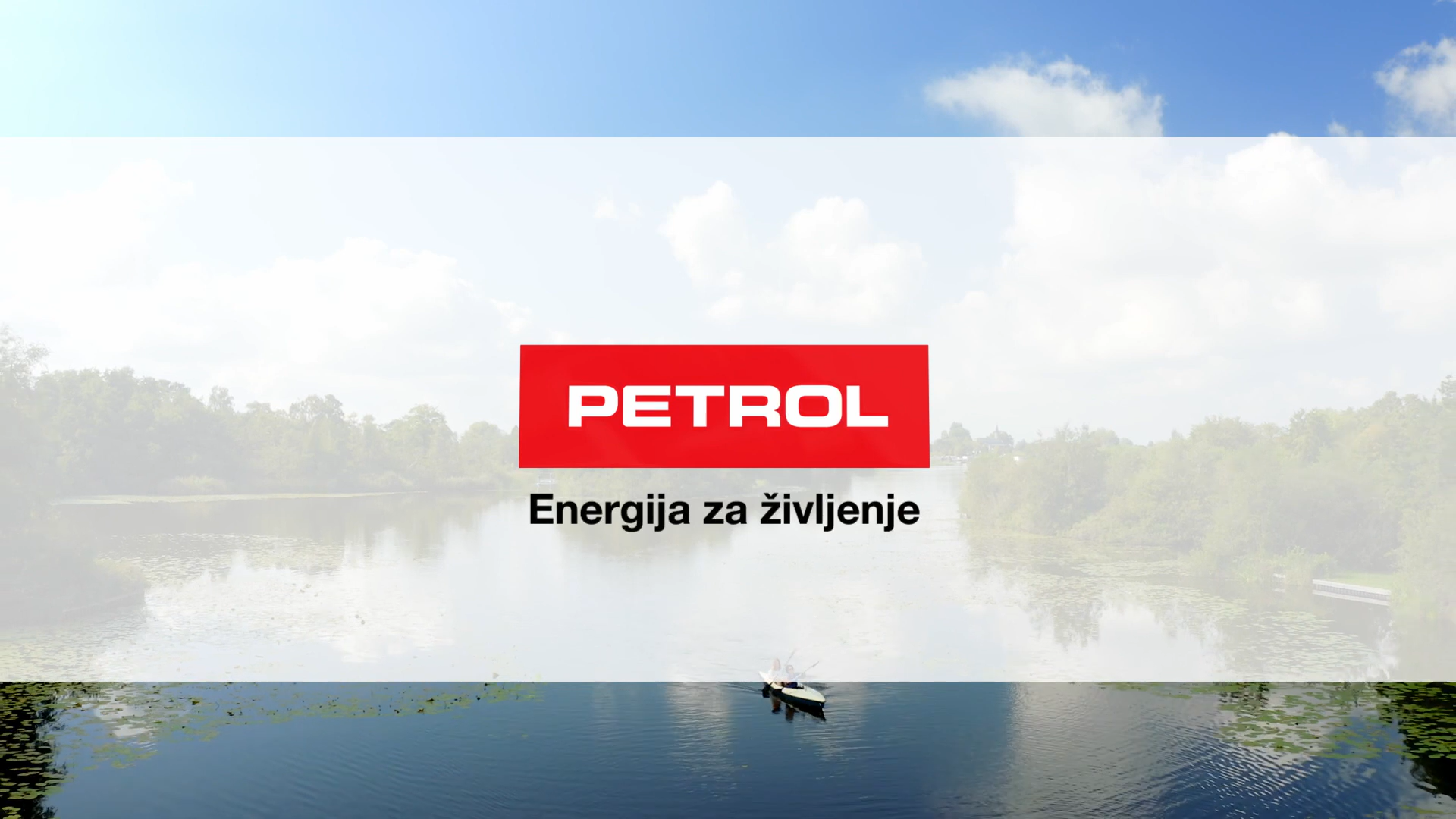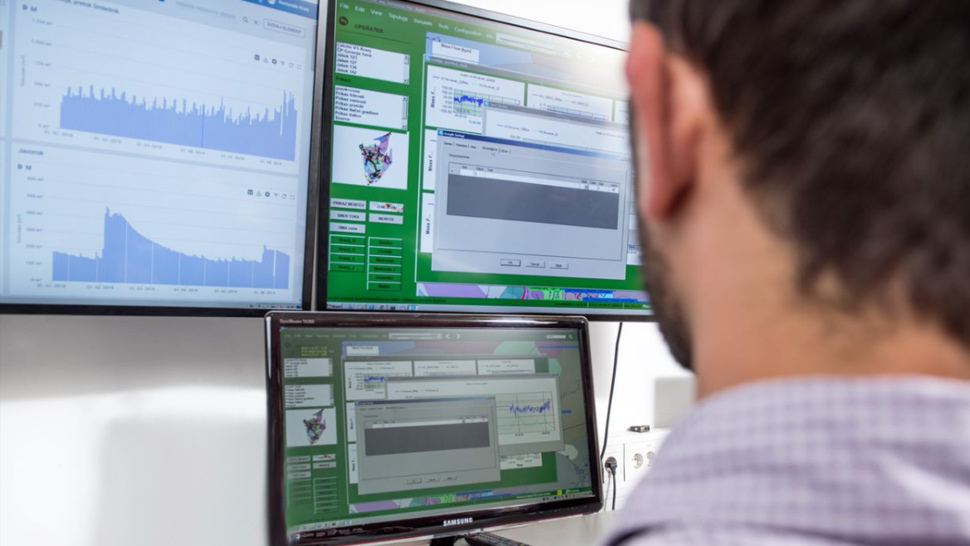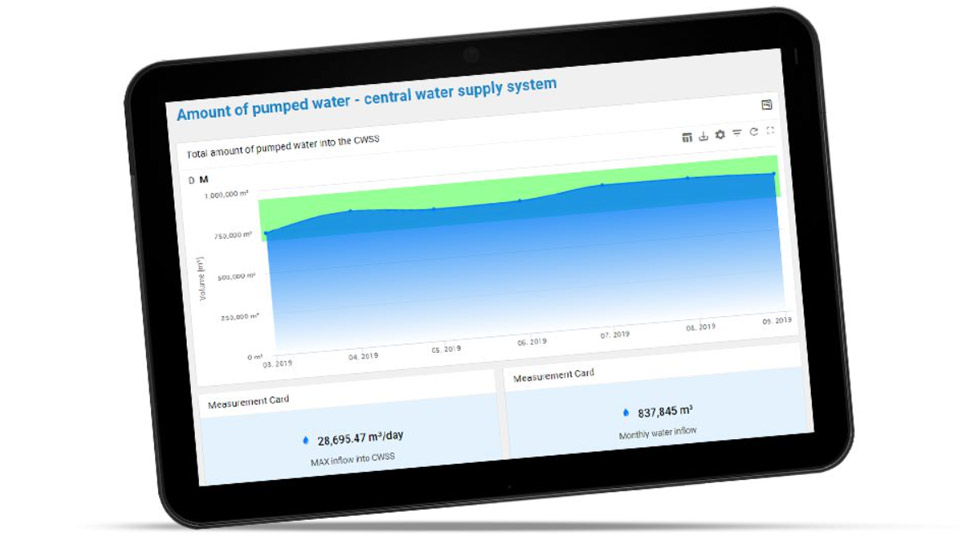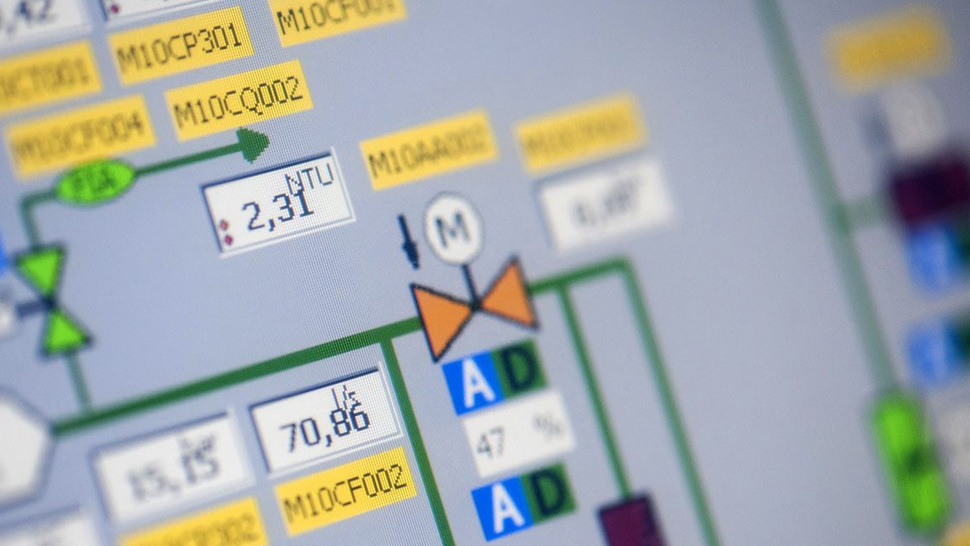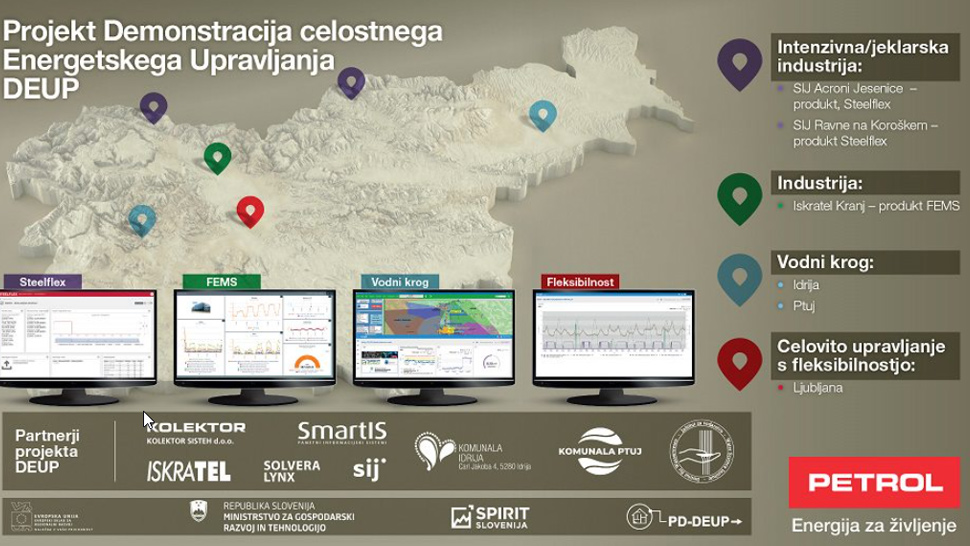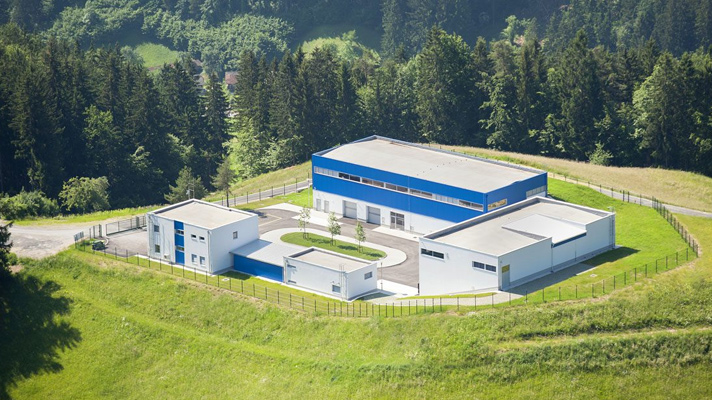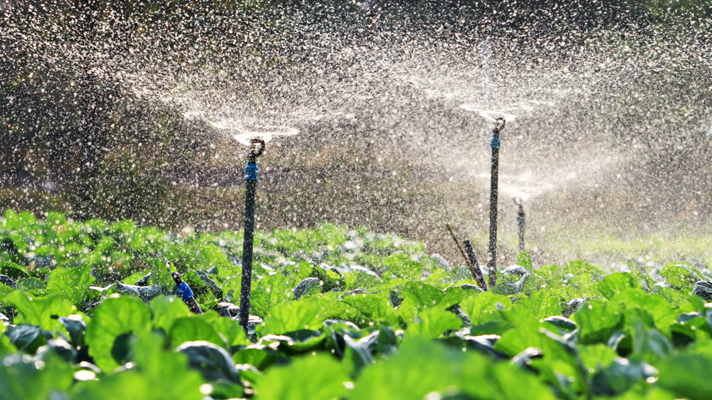Smart management of water resources
Our comprehensive digital solution, known as "Digital Intelligent Smart Networks - Water Systems", helps our partners to provide a sustainable supply of drinking water, as well as the efficient management of water supply costs, along with the efficient operation and maintenance of distribution networks.
Download the brochureWe strive to maintain the high quality of water resources and efficient water management practices
At Petrol, we strive to maintain diligent and efficient water management practices, which include care for water quality. This ensures medically safe levels throughout the distribution network. By providing our comprehensive "Digital Intelligent Smart Networks – Water Systems" (DISNet – WS) services, we provide support that helps to improve the efficiency of the water supply system. We help to identify water losses and advise on measures that can reduce those losses. This provides managers with greater system reliability, improves efficiency, and reduces risk.
We operate water supply systems and provide our partners with sustainable and efficient development of water supply systems, modernization of those systems, as well as a high-quality drinking water supply at the lowest manageable operating cost. The management of water supply systems is supported with modern information solutions that enable efficient real-time management.
Which solution interests you?
Our water resource management solutions:
Cooperation made easy
Business models
Working together to ensure the quality of water resources
The digitalization of Ljubljana's water supply system
Working with Ljubljana's public water supply company, Vodovod Kanalizacija Snaga, we have set up a joint long-term project to improve the efficiency of the water supply system with an emphasis on the efficient monitoring of drinking water distribution. Support for our project came from DISNet-WS, our state-of-the-art information system for efficient and cost-effective planning and management in real time. On the basis of this system, we also created a digital twin of the water supply system. This enabled us to successfully reduce the transport time from the water source to the end user in a specific area, as well as to increase the activation frequency of the Hrastje water supply facility.
Remote monitoring that enables more efficient management of the water supply system in the Šalek Valley
We used our comprehensive solution to set up remote monitoring of the water system in the Šalek Valley, which is operated by the Velenje Municipal Services Company. In the process, we ensured comprehensive oversight of the water supply in the towns of Velenje, Šoštanj, and Šmartno ob Paki, with an emphasis on the amount of drinking water that is processed and distributed. By digitalizing the infrastructure and management services, we helped to reduce water loss to the level of contemporary water systems (a water loss less than 20%), i.e., in an amount twice the volume specified by the original contractual requirement. By upgrading the monitoring center, we managed to ensure a solid basis for the economic development and the sustainable management of the water supply system with the help of a digital twin.
Better planning of a water irrigation system in Čakovec, Croatia
The Međimurje water supply company Međimurske Vode used a digital twin of their water supply project to assess the capacity and feasibility of water withdrawal from their water supply system for the needs of mist spraying of orchards to prevent frost. As part of the project, we prepared appropriate scientific studies for the analysis of the risks that can occur during the activation and operation of such systems. We also conducted hydraulic analyses of the plans for the irrigation system and the dimensioning of devices. We set operating conditions and determined the scope for the planned investment measures for the water supply system, should the operators opt to connect to a mist spraying system. This provided us with a professional scientific basis for decisions about further production and the supply of water for the irrigation system, as well as an understanding of the expected risk that such a connection could pose to the existing water supply system.

